MANHATTAN BEACH, CA -- Ned Colletti might be the only person in professional sports history to have traded for Manny Ramirez and scouted the Columbus Blue Jackets' power play.
Managerial cross-pollination between professional leagues is rare. While general managers and coaches trade notes and use each other for advice, the actual hiring of an executive from one sport to work in another just doesn't happen. Which is why the San Jose Sharks hiring Colletti, a longtime Major League Baseball executive who served as GM of the Los Angeles Dodgers from 2005 to 2014, made ripples through the industry.
"I must have gotten 30 phone calls," said Sharks general manager Doug Wilson, who formally added Colletti to his staff in September. "But he knows the game. I kid him that he's a hockey guy that's masqueraded as a baseball guy all these years."
Colletti, who grew up a fan of hockey and worked as an NHL beat writer in the 1980s, wasn't yearning for a job in the sport while working in MLB. "But I remained interested in it," he told ESPN. "When the GM thing ended in [Los Angeles], it opened my eyes. How do I want to spend the rest of my days?"
His days will be spent scouting the Metropolitan Division, plus the Tampa Bay Lightning and the Florida Panthers. Life on the West Coast means he can catch three games per night, in theory. He'll also hit the road each month. He'll fill out and file scouting reports on those teams and their minor league affiliates, offering insight and evaluation.
"I'm on the scouting system as everyone else. The same requirements. The same responsibilities," Colletti said.
He actually had other opportunities to make the leap to hockey, as his affinity for the sport was well known to other executives. But his 30-plus-year relationship with Wilson made him leap at the chance to become a scout with San Jose, a gig that started on a part-time basis last December.
"He's a street guy, going back to our Chicago days," Wilson said. "There's no filter with Ned. He's not going to tell you want you want to hear, he's going to tell you the truth."
The truth is that some hockey lifers, the ones who spend months sitting on frozen metal bleachers and inhaling Zamboni fumes, might not grasp the concept of the baseball guy transitioning to a career as a hockey scout.
"People were surprised by it. But the hockey people I knew understood my passion for it, and most of my buddies in baseball were excited for the opportunity," Colletti said. "You know the thing that I missed the most? The competition. I have enough to do in life. But there's a competitiveness in your DNA. When the opportunity to compete goes away, it's the toughest thing. This gives me the opportunity again to compete."
"Look, I'm on the back nine of life, right?" the 65-year-old continued. "I try to have a great day and maximize my day. This may sound cliché, but I'm so honored to have this opportunity. I know how much it takes, and I've taken on the chances I've had in my career. I never had a sponsor or someone who opened a door for me. I had people that saw my work and gave me an opportunity based on it. I'm so honored to do this, and have the opportunity that's in front of me."
Colletti grew up in an 900-square-foot brick house in Franklin Park, Illinois, about two miles away from O'Hare International Airport.
Chicago Blackhawks home games were infamously blacked out locally under owner Bill Wirtz, in a scheme to juice home attendance. Colletti's love for hockey came while watching the team's road games on a black and white television, in particular the WGN broadcasts on a Saturday night. Soon he was skating on frozen rivers around Chicago, as his family scraped together enough cash one year to get him a red Montreal Canadiens' Jean Beliveau sweater for Christmas, which he wore while his friends had their Bobby Hull and Stan Mikita duds.
He set out to be a sportswriter, moving to Philadelphia were he started off covering high schools and some Big 10 sports. Eventually he joined the Philadelphia Journal, which was a bit like the New York Post: tabloid, sensational but with a sizable sports section. Colletti was on the Flyers beat, covering players like Hall of Famer Bobby Clarke -- someone with whom he'd have a better relationship when both were team executives than as a reporter and an athlete.
He figured it was the best job he'd ever have. But a year and a half later, newspapers hit tough financial times. The Journal and the Philadelphia Bulletin went out of business about six weeks apart in late 1981 and early 1982. A four-newspaper town was down to two. Colletti decided to leave the beat, and return home to his father, who was in ill health. The elder Colletti had lung cancer, diagnosed in 1980 at 45 years old. He would die six years after that.
Back in Chicago, Colletti broke into Major League Baseball as a media relations exec with the Chicago Cubs in 1982, before moving out west to join the San Francisco Giants' front office in 1994 as director of baseball operations, and then became assistant general manager. The Dodgers hired him as a general manager in 2005, after Colletti's Giants finished ahead of Los Angeles for eight seasons. He was lauded as an effective communicator, shrewd contract negotiator and a great enabler of others' ideas.
That last attribute is what led him to befriend so many NHL team executives.
The first time Colletti met Brian Burke was when both were in California. One night for a Ducks game, Burke, the general manager in Anaheim at the time, left tickets at will call with a note for Colletti to meet him in his GM box. He went up, said hello and talked about mutual acquaintances. This was the start of a personal and professional friendship.
One morning while with the Dodgers, Colletti was having a managerial issue. He reached out to Burke for help, and Burke drove to Manhattan Beach to discuss it in person. "We spent an hour walking then sat down at Uncle Bill's pancake house. And I would do the same for him."
He used to meet Kings general manager Dean Lombardi in a "dank 10-by-10 office next to the locker room with a desk and a little TV." Darryl Sutter, the Kings' coach for their two Stanley Cups, used to live down the street from Colletti. Occasionally, he'd leave for work and see Sutter's garage door open. He'd then call the Kings to see if he should close it for him.
Colletti and Wilson were also close. "It's when you have a relationship with somebody and they walk the walk. You trust them. You're having a conversation with them and you're both saying things and they understand exactly what you're talking about. Not everyone else does," Colletti said. "I couldn't call another baseball GM. We were competing against each other. It would have been like, 'Hey, I have a managerial problem.' 'Well, good for you! I hope it never ends!'"
Colletti forged so many professional relationships on the hockey side that it became a running joke between him and former Kings assistant general manager Ron Hextall. For years, Hextall used to goof on Colletti, saying, "What, do you have a guy on every team? Must be nice to be you. Every year, you got a picture with a buddy with the Stanley Cup."
One year, Hextall handed Colletti a personalized Kings jersey, saying, "Here, now you have all 30 teams."
His note to Colletti after his gig with the Sharks was announced? "What are you going to do with all those jerseys now?" Hextall wrote. "You're going to have to burn them all, except for one."
Baseball and hockey might seem antithetical to each other, but Colletti and Wilson both see commonalities. Like, for example, about player development. How do you know when a young player is ready? "I think there are things that are very similar in other sports that you can learn from, whether it's sports or business," Wilson said.
According to Colletti, here is some of that common ground:
Can I trust the player?
One day, Colletti had an audience with former Atlanta Braves GM John Schuerholz. "I said, 'Tell me one thing. Tell me what's made John Schuerholz a Hall of Fame GM.' He said, 'I always ask myself whether I can trust a player.'"
So Colletti looks for the 200-foot players. He looks to call out the forwards that circle the blue line like a buzzard but can't be trusted to play a complete game. Players who can take a hit, and those who can't.
"I think last year, the reports I did showed them to what extent I'm marinated in the sport. Am I marinated in as much as somebody who spent 300 days in a rink during the year? No. That would be impossible. But am I marinated enough? Yeah," he said.
What's inside the jersey?
"There are some shared things there, but ultimately you're looking for who's inside the jersey. That is the most important piece," he said. "The health, the skill set, sure, but who's inside the jersey? And when are they going to be at their utmost: Only when it's going to be to their advantage? How do they play when they're behind or tied, or in the last minute or two of a close game?"
Colletti notes that in the postseason, we often see more out of a player than we do in the regular season. "You see who's who."
Money can corrupt
In his book "The Big Chair," Colletti writes about Dodgers pitcher Odalis Perez, and how a big contract raise changed his commitment to the sport. It was a lesson in the kind of psychology general managers and scouts have to deal with in hockey and baseball.
"It's all about knowing who you're signing. On my GM tombstone, I have a list of guys that didn't pan out. Guys that are going to be in Cooperstown have got guys on their tombstone, too. It's all about trying to figure out what [a big contract is] going to do to somebody. Is it going to take away their hunger? Their desire to be as great as they can be? Sports are tough. Playing at that level is incredibly difficult," he said.
"The psychology of professional athletics is something I've thought about almost daily. You get somebody who worked their tail off to get from some small town in the Dominican Republic, living in some cinder block hut and not even knowing how to sign their name on a contract. Then 10 years later, they're making $50 million. How do you continue to motivate them?"
Colletti points to Clayton Kershaw, the Dodgers' ace whose postseason struggles have temporarily overshadowed three Cy Young Awards and an NL MVP nod. "He would play for a nickel. He would compete like there's no tomorrow. But not everybody's like that," he said.
There's a reason bad signings happen
What's true in hockey and baseball: There's a lineup that needs to be filled out. Sometimes that means filling it with players who are necessary but not exactly desirable.
"There were some signings where I knew it was a mistake beforehand. But professional sports ... there are only so many people that can play them. You have to have big league players," Colletti explained. "You can't fool the season. If you're hurt, you have a bad attitude, you're not good enough. The season's going to expose you.
"But sometimes you need players. And you only have one choice left. And I don't want to sign this player, but I don't have anybody coming up that can play in the big leagues. I'm not sitting in the middle of the prairie. I'm sitting in San Francisco or Los Angeles."
Trust in analytics, in moderation
Colletti comes from a sport of "Moneyball" to a sport where "Moneypuck" has been a growing trend in the past decade.
"Look, I'm an analytical guy. But the moment you take out the humanism of anything, you've shut off half the information. And it's the most important information: Once you get past talent, it's about who's inside," he said. "An analytic evaluation can be used to determine if there's a shortcoming. To see where they are and where they need to be. I don't think I'd make a player decision based solely on analytics. But there are ways to use it to your advantage."
When he was a baseball executive, analytics would validate what he believed. "They rarely showed me something that I didn't know intrinsically. For me, there's different parts to analytics, like how and when you shift your defense, for example. That strategy stuff is powerful to me. The acquisition piece is a little less powerful. The improvement of a player's ability has some value to it. But rarely could an agent come to me and convince me [with analytics]."
Colletti says he believes, like many do, that baseball has become micromanaged due to advanced stats. "It's still in its evolutionary stage. But you still gotta win. Of all the analytics out there, the standings are really the only ones where people are going to tell you how well you're doing."
Championship-caliber isn't a championship
Colletti and Wilson have another bond between them, although it's one neither likes to highlight. Wilson was hired by the San Jose Sharks in 2003 and made the playoffs in all but one season. Colletti was the winningest GM in Major League Baseball from 2005 to 2014, making the playoffs in five of nine seasons. The Sharks have never won the Stanley Cup. The Dodgers never won the World Series under Colletti.
He has had discussions with the Sharks GM about this through the years. "Not necessarily about us being in the same boat, but about what you do about what you did. For me, it's about keeping the process as strong as you can keep it, and making sure those around you understand it," he said. "He and I have been on the same page on that for years. So has everybody else I've spoken to in every sport. Does that guarantee anything? No. But without doing it, it's going to guarantee you're not going to get there."
To that end, Colletti remains content with how things worked out in Los Angeles.
"I'm at peace with the way we played. With the way it went. You couldn't control the end. You couldn't control the result. You can be prepared in every way, and it doesn't mean that somebody isn't going to hang a curveball an inch higher than it should have been, and someone is going to hit it out," he said.
"People say that teams are 'World Series or bust' or 'Stanley Cup or bust.' Well, it's not that easy to do that."




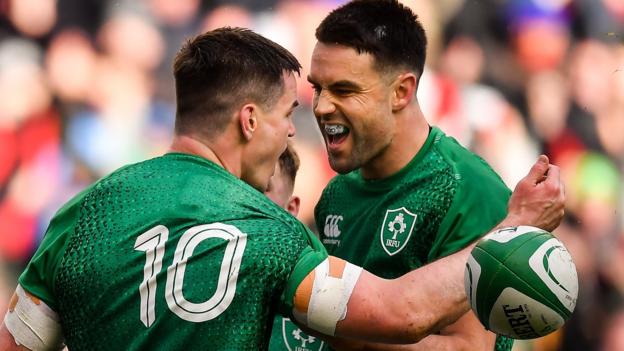
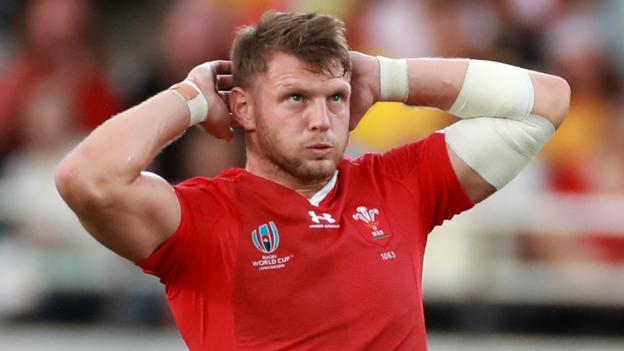
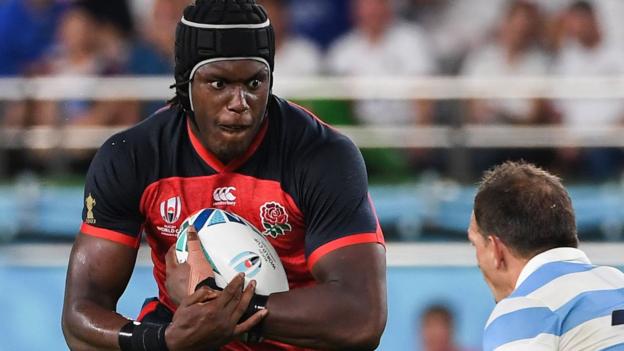
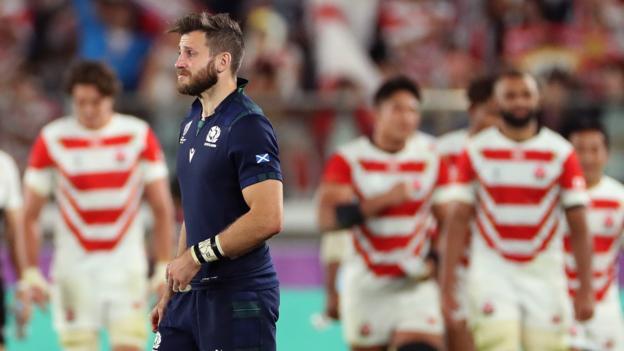
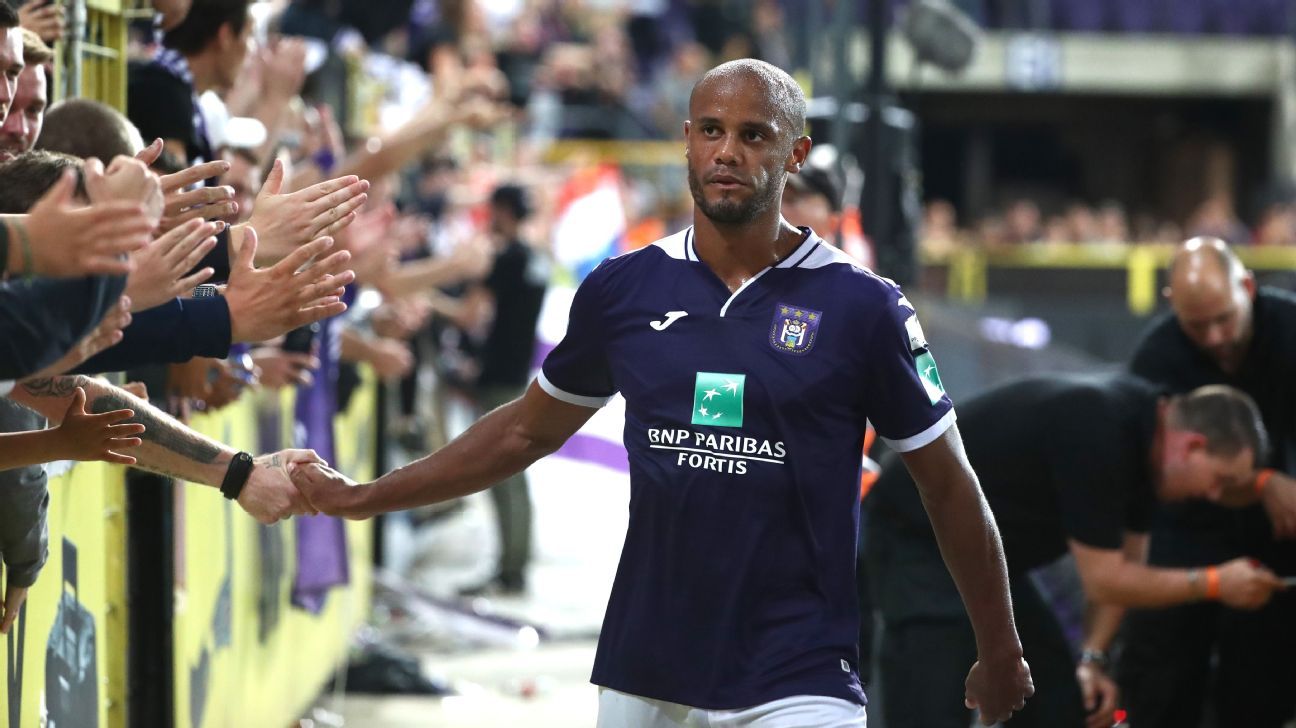
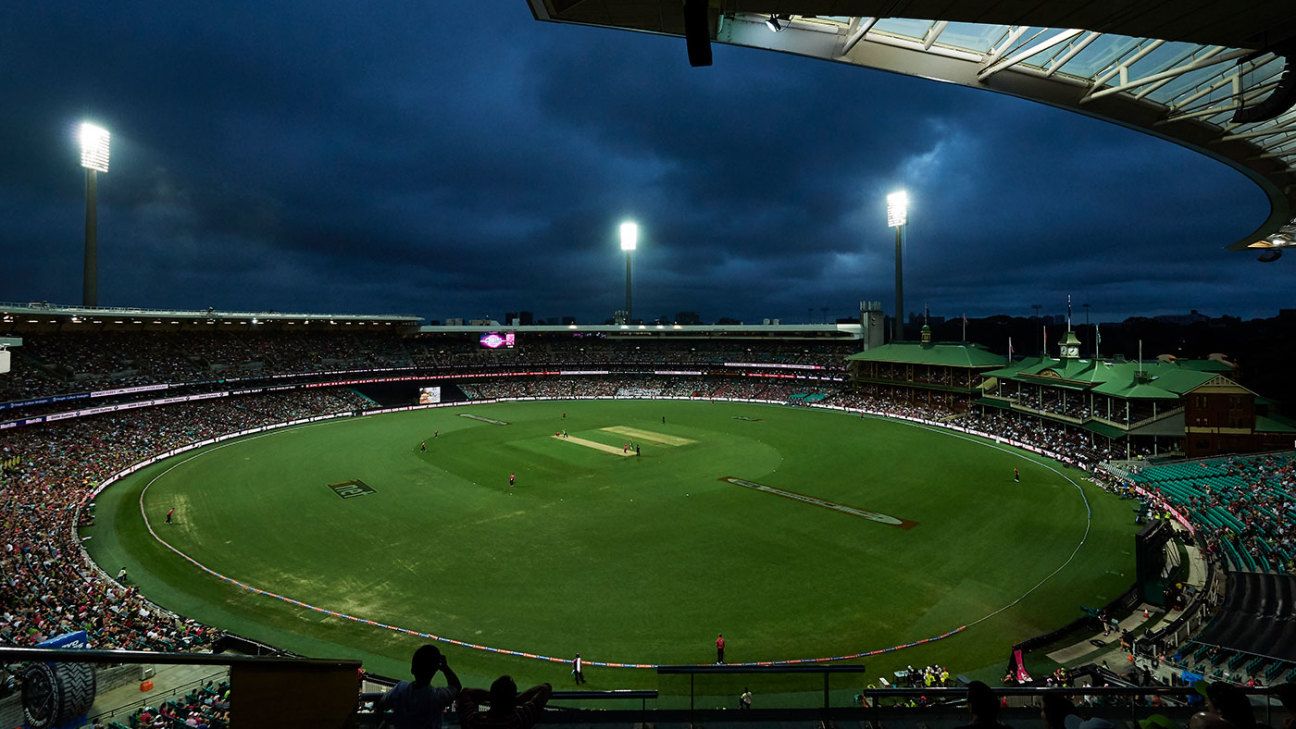
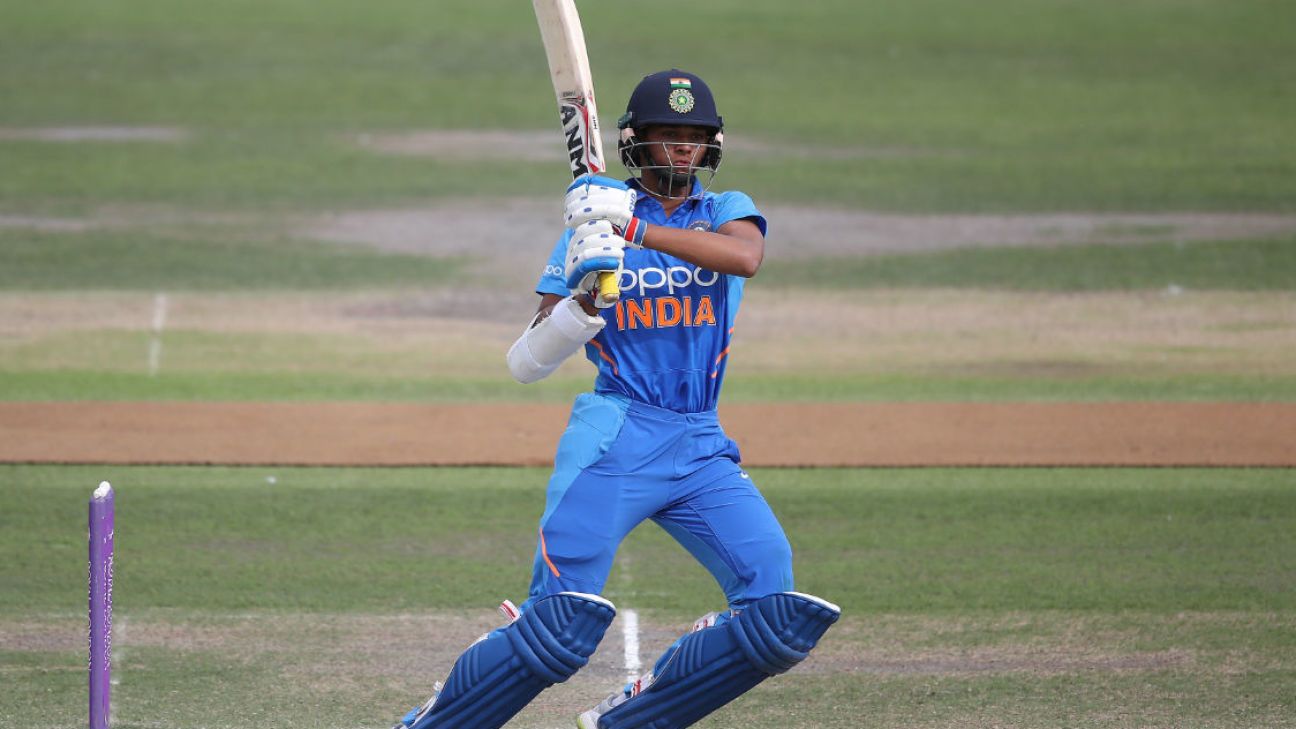










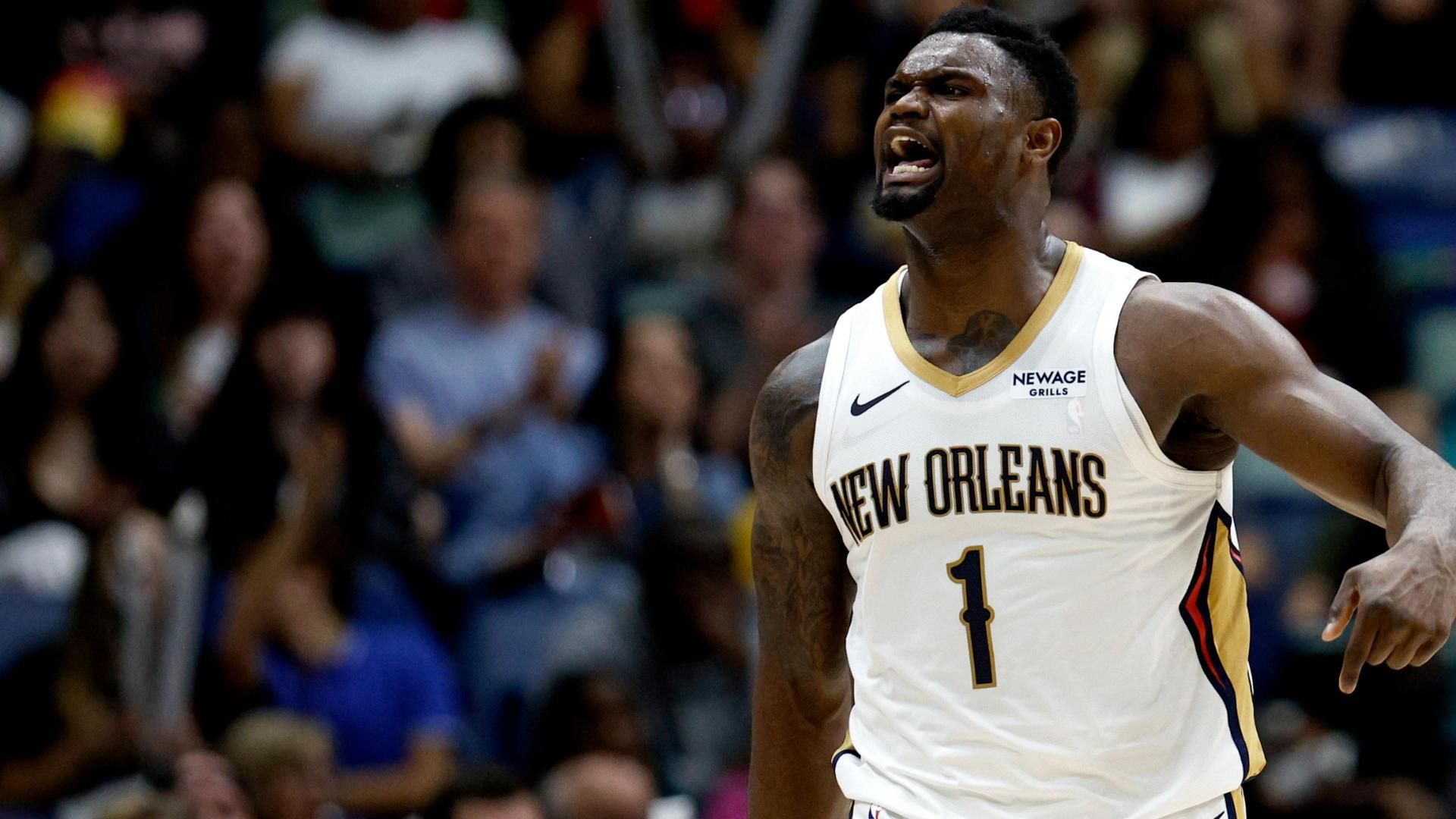



 Phone: (800) 737. 6040
Phone: (800) 737. 6040 Fax: (800) 825 5558
Fax: (800) 825 5558 Website:
Website:  Email:
Email: 






